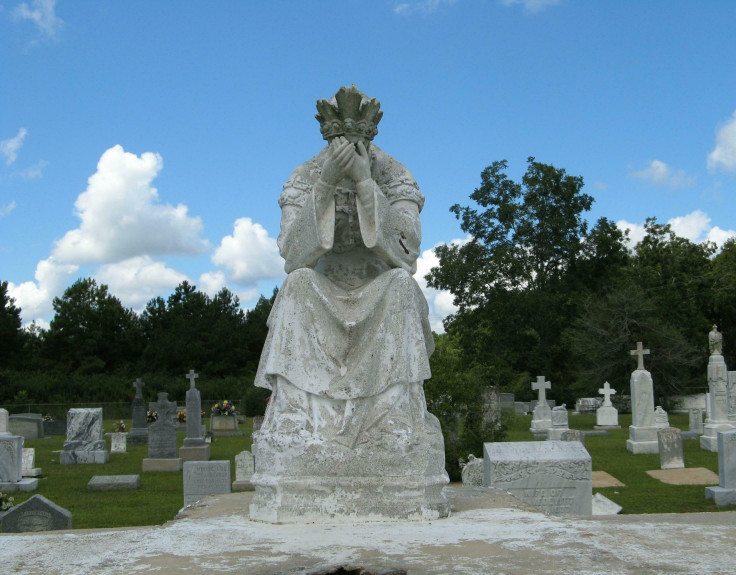Grief May Cause Major Health Problems, Experts Say

As Americans commemorate Memorial Day, researchers continue to refine perceptions about grief and how prolonged instances of bereavement may impact human health.
Whether a loved one is lost to war or love, natural disease or natural disaster, the emotional set of grief is universal to the human condition. How individuals cope with grief, and ultimately move forward in life, varies from person to person — a quality U.S. military health officials often refer to as "resiliency."
That individual resiliency, in lower levels, may jeopardize the physical health of those suffering from "prolonged grief disorder," a subset of major depressive disorder in the newly published Diagnostic and Statistical Manual-5, also known as the DSM-5. Among other changes in the manual, the American Psychiatric Association this year went further in recognizing grief by removing the "bereavement exclusion" from diagnostic criteria for major depressive disorder, allowing that grief — whether prolonged or not — may be a factor in the condition.
Aside from the emotional baggage of depression, grief may also cause harm to one's long-term health, according to Toni Miles, director of the Institute of Gerontology at the University of Georgia. "Loss creates injury," Miles said, in an interview. "It is a new risk factor for poor health in the public sphere."
The researcher believes prolonged experience of grief is responsible for health problems surrounding major depression, including obesity, diabetes, smoking-related illnesses, and hospitalizations. "When you study caregiving, you know [grief] kills people," Miles said. "Obesity is also a big problem among caregivers."
Though one's susceptibility to grief-related health problems varies by individual, social support may be the single most important factor in recovery from grief, according to the American Cancer Society. Such support may come from spouses, family, friends, or mental health professionals, but there's no easy solution or answer, Miles said.
However, most people say they don't receive sufficient emotional support during times of grief. A 2004 study on "family perspectives on dying" in the Journal of the American Medical Association found that most said they did not receive enough support during their bereavement. In the study, researchers asked family members who'd recently experienced a loss about their opinions regarding social support during the past month. One in five of the family members said they felt particularly let down by an insufficient support system.
The study of bereavement, and possibility of improved medical therapies, remains a nascent field at this time. Donald Rosenstein, a professor of psychiatry at the University of North Carolina, is exploring new territory in the field of bereavement therapy with fathers who've lost their wives to cancer. The psychiatrist started a support group called "Single Fathers Due to Cancer Program," which is part of the university's overall "Comprehensive Cancer Support Program."
"Everyone has a different reaction to grief," Rosenstein said in an interview. "We [health care professionals] don't have a lot of good information about how to get people to move on. But these fathers are teaching us."
The U.S. Department of Health and Human Services offers an online guide to grief and bereavement.



























